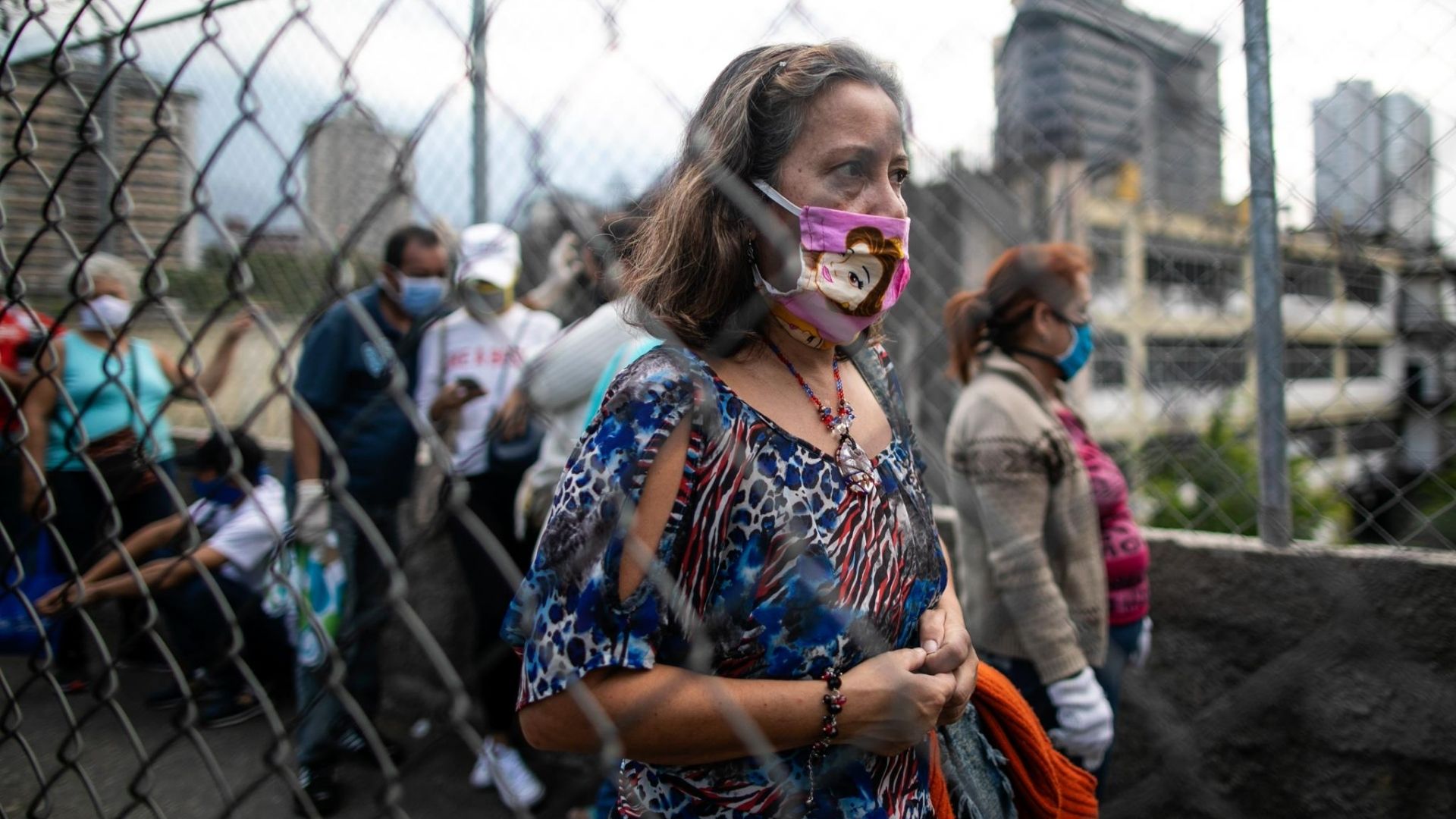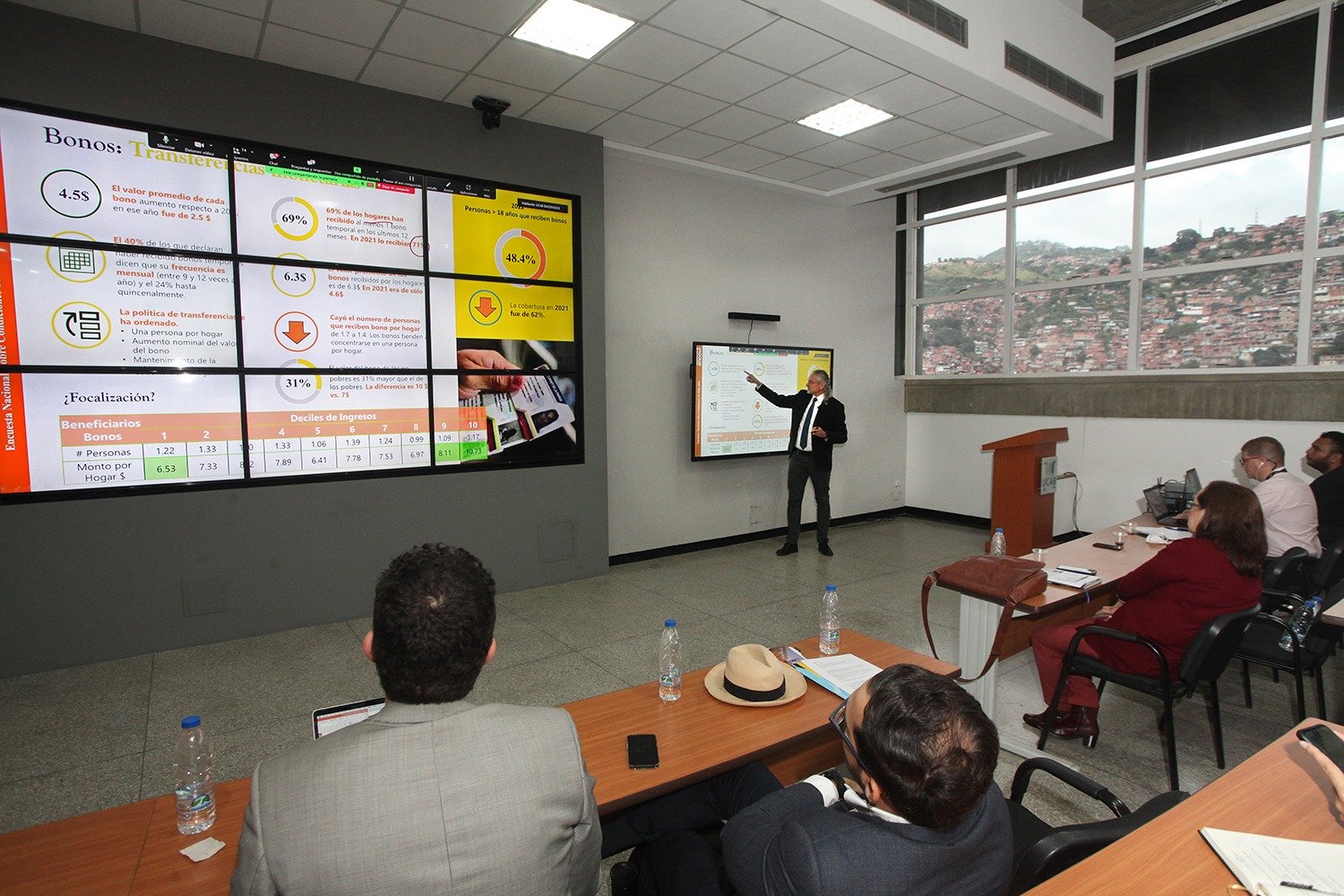Geneva-Paris-Caracas, 10 March 2020 – In Venezuela, human rights defenders and organisations are defined as “internal enemies”, and a complex State policy uses public institutions to defame and harass them. A report published today analyses this harsh reality over the past two years.
“Reporting the shortage of basic services, demanding justice or even merely participating in humanitarian work implies exposure to attacks by the State. At the same time, the context of the crisis has led to more and more people participating in actions to demand rights, which has increased repression”, said Liliana Ortega, Director of COFAVIC, a leading human rights organisation in Venezuela.
The report is the first to focus on this issue and is published against the background of almost 11,000 extrajudicial executions since 2012 and a countrywide crisis that has sent millions of Venezuelans into exile. Published by two international organisations and three Venezuelan ones, it documents a total of 121 attacks – considered to be the tip of the iceberg – against human rights defenders and organisations during 2018 and 2019. The State is reported to be the perpetrator of most of these attacks, either via their communication tools or through the action of their security forces.
“In recent years, the Executive, Legislative and Judicial branches have built a hostile environment for the defence of human rights. Regressive laws, absolute impunity and stigmatisation as a State policy promoted by the public media combine to create the perfect storm for the right to defend human rights in Venezuela”, said Gerald Staberock, Secretary General of the World Organisation Against Torture (OMCT).
The report includes personal stories that illustrate the systematic dimension of the onslaught against human rights defenders in Venezuela. Some of the cases detailed are the attacks against the NGO Prepara Familia simply for their humanitarian work; the harassment of the president of the College of Nurses for her defence of human rights; or the extrajudicial killing of a defender’s nephew in retaliation for her human rights related activities.
The report documents a range of measures aimed at obstructing the defence of human rights, from restrictions on freedom of association, measures that seek the economic suffocation of NGOs by restricting international funding, to restrictions on effective legal protection, and the enactment of laws that institutionalise the doctrine of the “internal enemy”, including the Decrees of Exception and Economic Emergency. The report also includes concrete recommendations that would enable progress to be made in establishing effective guarantees for the right to defend human rights in the country.
“Perceiving those who defend human rights as internal enemies, terrorists or destabilising agents is a perverse action which reinforces the political, humanitarian and human rights crisis which the country is experiencing, by making the work of precisely those people who contribute to strengthening respect for human rights and the rule of law, more difficult”, said Alice Mogwe, President of FIDH.




